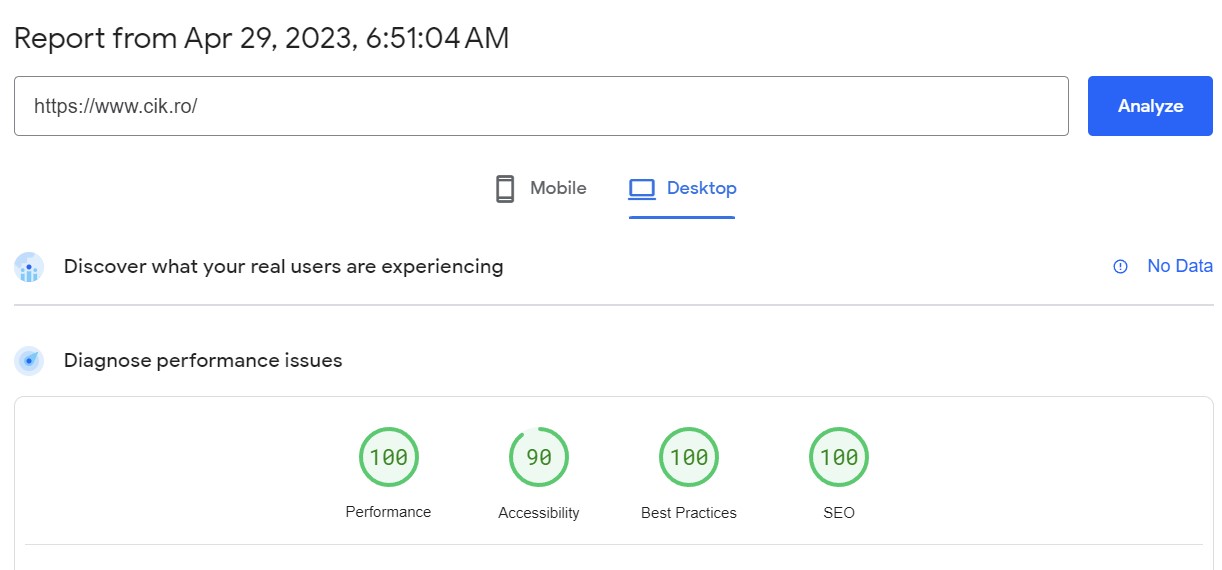A Complete Know-How to Implementing the Latest SEO Strategies, Including Quality Content Creation, Keyword Research, On-Page Optimization, Mobile Optimization, Site Speed, Link Building, Social Media, Local SEO, User Experience, and Analytics Tracking for Maximum Online Visibility and Traffic.
Search engine optimization (SEO) is a vital part of any online marketing strategy. With the ever-changing algorithms of search engines like Google, it can be difficult to stay up-to-date with the latest best practices for SEO. In this article, we’ll explore the best SEO practices at the moment to help you optimize your website for better search engine rankings and more traffic.
- Quality content
The quality of your website’s content is one of the most important factors in SEO. Content that is well-written, informative, and relevant to your target audience is more likely to rank well in search engine results pages (SERPs). Your content should be structured in a way that is easy to read and understand, with headings and subheadings to break up large blocks of text.
- Keyword research
Keyword research is the process of finding the right keywords to target in your content. It’s important to choose keywords that are relevant to your business and have a high search volume. You can use tools like Google Keyword Planner, Ahrefs, or SEMrush to find keywords that your target audience is searching for.
- On-page optimization
On-page optimization involves optimizing individual pages of your website to improve their ranking in search engine results. This includes optimizing title tags, meta descriptions, and header tags with relevant keywords. You should also optimize your content with internal and external links, alt tags, and schema markup.
- Mobile optimization
Mobile optimization is more important than ever, with more and more people using their mobile devices to search the web. Your website should be mobile-friendly, with responsive design and fast loading times. Google has even started using mobile-first indexing, which means that your mobile site will be the primary version of your site that is crawled and indexed by search engines.
- Site speed
Site speed is another important factor in SEO. A fast-loading website not only improves user experience but also helps your site rank higher in search engine results. You can use tools like Google PageSpeed Insights or GTmetrix to analyze your site’s speed and identify areas for improvement.
- Link building
Link building is the process of getting other websites to link back to your site. This can be done through guest blogging, creating high-quality content that others will want to link to, or through outreach campaigns. High-quality backlinks are important because they signal to search engines that your site is authoritative and trustworthy.
- Social media
Social media can be a powerful tool for SEO. Sharing your content on social media platforms like Twitter, Facebook, and LinkedIn can increase your site’s visibility and attract more visitors. Social signals, such as likes, shares, and comments, can also help to boost your site’s ranking in search engine results.
- Local SEO
Local SEO is important for businesses that have a physical location, such as a brick-and-mortar store or office. Local SEO involves optimizing your website for local search terms, such as “coffee shops in Austin” or “plumbers in Chicago.” This can be done by creating local business listings on sites like Google My Business and Yelp, and by using local keywords in your content.
- User experience
User experience (UX) is a crucial factor in SEO. Your website should be easy to navigate, with clear calls to action and a logical structure. It should also be visually appealing, with high-quality images and a consistent design. A positive user experience can help to improve your site’s ranking in search engine results.
- Analytics
Analytics are essential for tracking your website’s performance and identifying areas for improvement. You can use tools like Google Analytics or SEMrush to track your site’s traffic, bounce rate, and conversion rate. This data can help you to identify which pages are performing well and which ones need improvement.
SEO is an ever-changing field that requires continuous learning and adaptation. By implementing these best practices, you can improve your website’s ranking in search engine results and attract more traffic to your site. Remember to focus on creating high-quality content, optimizing your pages and site speed, building high-quality backlinks, leveraging social media, and providing a positive user experience. By regularly tracking your analytics and staying up-to-date with the latest SEO trends, you can stay ahead of the competition and improve your online visibility.

